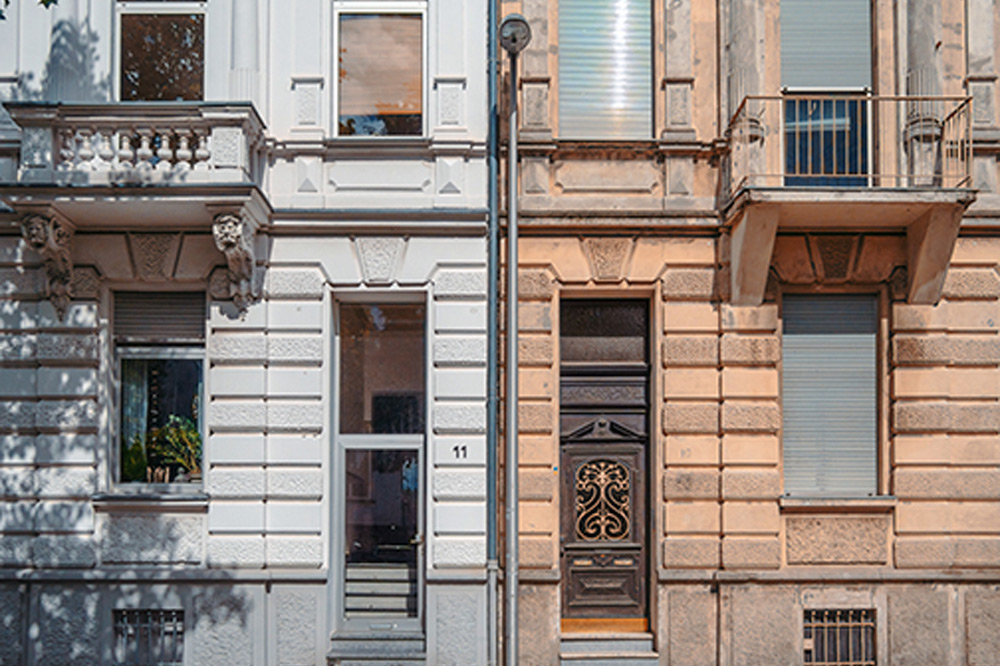In the United States, Homeowner Associations spend over 80 million cumulative hours of service annually. So what exactly is all of this time spent doing?
We are here to provide some insight into what homeowners association can do and what their roles are in the communities they manage.
How HOAs Help the Community
Homeowner associations came into existence in the mid 19th century but did not begin picking up traction until the 1960s. Since then, HOAs have increasingly become a common method to manage community developments.
Currently, approximately 23 percent of the U.S. population belongs to a community association.
Ultimately, homeowner associations are in place to help maintain the quality of life for community residents and protect their property value.
Through funding from homeowner’s monthly fees, HOAs help provide services that keep the community in good shape.
Common HOA services include lawn maintenance, garbage removal, and building repairs. Luxury communities may also provide more exclusive services such as 24-hour valet and a concierge.
Many HOAs also help manage community amenities, including neighborhood pools, gyms, and clubhouses.
How they Help Resale Value of Condos
Homeowner Associations help communities beyond day-to-day operations by maintaining and improving resident’s property values.
Research reveals that HOAs have the potential to increase residential property values through neighborhood preservation, restrictive covenants, and enhanced efficiency.
Neighborhood preservation focuses on maintaining curb appeal. The HOA rules and regulations ensure that the community stays in tip-top shape and desirable for potential buyers. The provision of services provided by the HOA, such as garbage removal and community maintenance, as helps to keep the neighborhood in pristine condition.
Restrictive covenants set by the HOA ensure that communities maintain a certain level of quality. These rules may include restrictions and limitations of types of pets owners can have, the number of cars parked in a driveway, and location of satellite dishes.
HOAs enhance community efficiency by creating an organized structure to address a variety of issues in the most effective manner. By addressing multiple issues such as crime, aesthetics, neighborhood behavior monitoring, and professional management, HOAs are potentially contributing to increased housing prices.
Enforcing Rules and Fees
For homeowner associations to carry out their functions to the best of their ability, they need cooperation from the community members. Rules and fees help accomplish this cooperation.
HOAs enforce fees to help fund their services and amenities they provide to the community. Property owners are required to pay monthly dues as members of the homeowners association.
To ensure accountability, HOA also implements rules in there governing documents that property owners are expected to follow. Otherwise, penalties, such as extra fines or legal action may be taken. Many of these rules enforce timely payments of fees and restrict residents from trashing the outside of their units.
When it comes to understanding what homeowners associations can do, it is essential to know that these organizations are in place to better serve and preserve communities.





